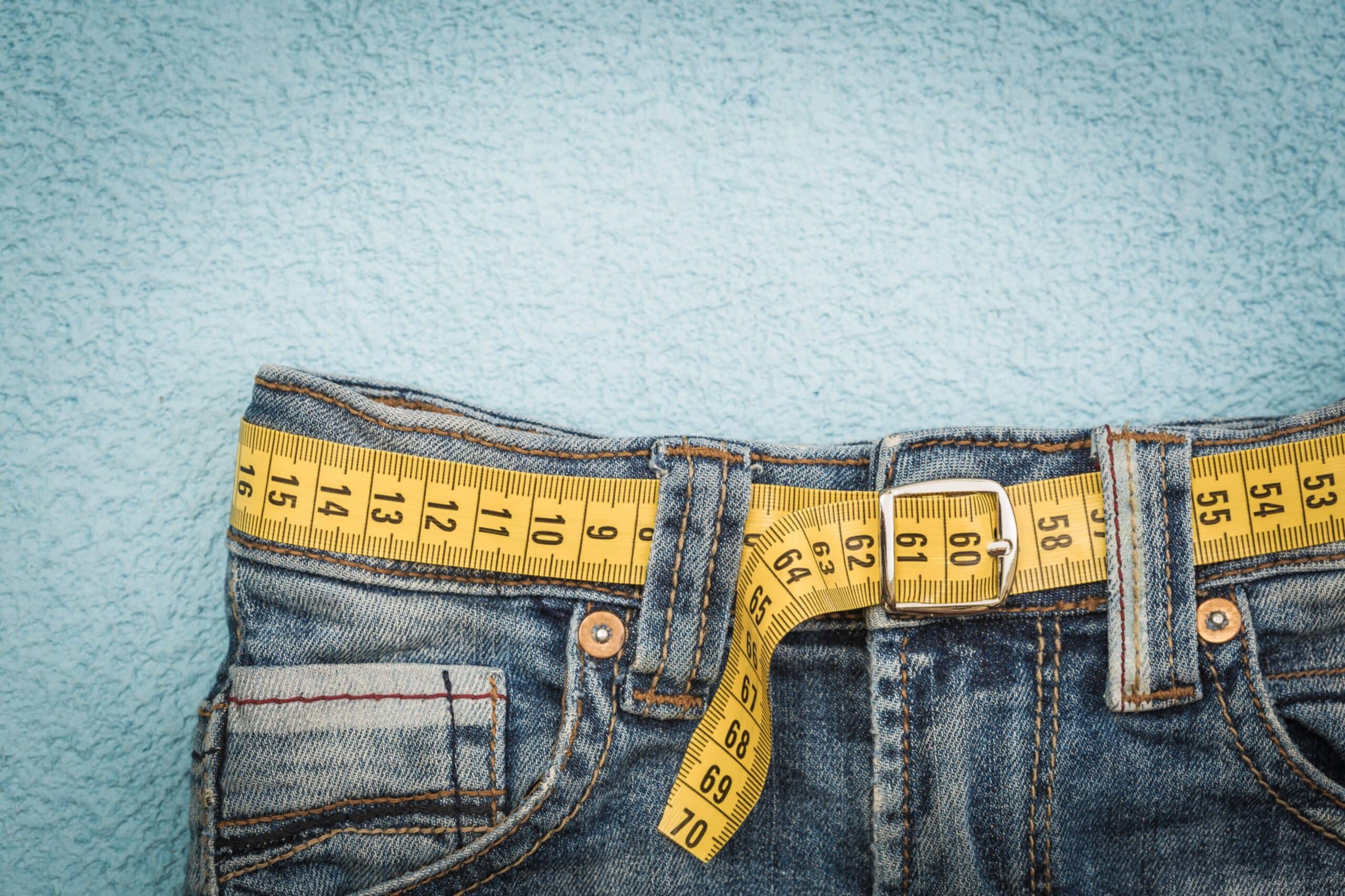For those with lack of that ironclad willpower, hunger will most often cause you to abandon most fad diet plans. The tips here may help those looking to lose some weight reduce appetite to shed some pounds without hunger pangs, and possibly improve metabolic health at the same time.
Probably the most important thing to do is to cut back on sugars and starches, when this is done hunger levels will decrease which will result in eating fewer calories, and then rather than burning carbs for energy the body will begin to feed off of stored fat for energy.
Reducing carb intake will also help to lower insulin levels causing the kidneys to shed excess sodium and water out of the body which will help to reduce bloating and unnecessary water weight. It is not unheard of to quickly lose as much as 10 pounds in the first week of reducing carbs in body fat and water weight.
Each of your meals should contain sources of protein, vegetables, and fat. Fat is not your enemy, as not all fat is bad contrary to what you may have been told/heard. Recommended carb intake is about 20-60 grams a day.
Protein is important as it will help to boost metabolism by 80-100 calories per day, protein does not have to always come from animals it can also come from plant sources. Protein will also help to reduce cravings and snacking by making you stay full and control calorie intake. Protein is the king of nutrients when it comes to aiding weight loss.
There are plenty of veggies to choose from including some that are lower carb options to assist in weight loss goals. Don’t be afraid to load up on broccoli, cauliflower, spinach, tomatoes, kale, cabbage, lettuce, cucumber, Swiss chard, Brussels sprouts, bell peppers, asparagus, mushrooms, zucchini, avocados, green beans, garlic, celery, radishes, onions, eggplant, and artichokes.
Diets that are primarily based on protein and vegetables will typically contain all of the fiber, vitamins and minerals that you need to stay healthy. If you are looking for sinful desserts opt for fresh fruits to tame that sweet tooth. When it comes to fat try to stick with healthier fat sources such as butter, avocado oil, coconut oil and olive oil. Try to eat 2-3 meals a day and if you find yourself really hungry add a fourth meal. Don’t be scared of fat, those low carb low fat diets are setting you up for failure and leave you feeling rather moody and miserable.
Diet alone can help you to lose those pounds, but if you really want an effective weight loss plan you should include exercise. The best plan is to exercise 3-4 times a week and this plan may be improved even more by including some weight lifting/resistance training. Lifting weights/resistance training will help you to burn even more calories and help to prevent the metabolism from slowing down. Exercise will even help to build muscle, and muscle burns fat even while at rest. If weight lifting/resistance training is not appealing to you stick to cardio workouts such as walking, jogging, cycling or swimming. If you are going to try the weights make sure to ask a certified trainer for advice so that you don’t hurt yourself, and keep in mind that muscles weigh more than fat.
If sticking to a carb restricted diet full time is too daunting, you can take one day off a week where you can eat a bit more carbs. It is important that on this day you still stick to healthier carb sources such as quinoa, fruit, sweet potatoes, oats, and potatoes. If you need that cheat meal do it on this day, but keep in mind that they are not necessary, you will most likely gain some weight from it, and if you do this more often you will not see much success on your weight loss goals.
If you keep the carb intake low sticking with healthier fats, protein, and veggies it really isn’t necessary to count your calories, it will pretty much take care of itself. But if you want to count calories there are plenty of apps and tools available to help you track them. The main goal of this plan is to watch your carb intake. As always it is recommended to consult with your physician or certified medical professional before beginning any weight loss plan to make sure that it is best for you and avoid any possible complication.
Try to eat a high protein breakfast which will help to fight cravings. Avoid sugary drinks and fruit juices which have been proven to be fattening. Drink plenty of water, especially about an hour before meals. Always look for weight friendly food options. Fiber is your friend, especially soluble fiber. Try to eat primarily whole and unprocessed foods. Track your progress to hold yourself accountable for that goal. Don’t forget to get enough sleep, lack thereof is one of the strongest risk factors for weight gain. Slow down while you are eating and practice mindful eating, eating slowly will help you to feel more full as well as boost weight reducing hormones while assisting digestion and give you more time to enjoy what you are eating.




